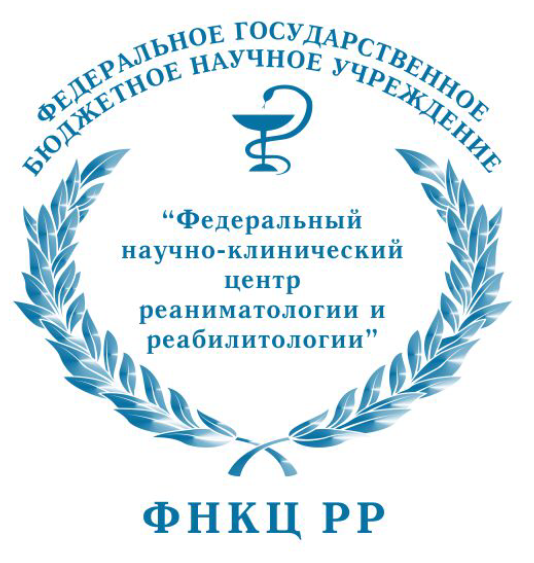
|
ИСТИНА |
Войти в систему Регистрация |
ФНКЦ РР |
||
C2-Symmetric Pyridine Bis(Phenylenephenolate) Post-Metallocenes: Ligand Rigidity Prevents Loss of Selectivity in Propylene Polymerization at Increased Temperaturesдоклад на конференции
- Авторы: Uborsky Dmitry V., Goryunov Georgy P., Sharikov Mikhail I., Iashin Andrei N., Voskoboynikov Alexander Z., Hagadorn John R., Canich Jo Ann M
- Международная Конференция : 2025 Asian Polyolefin and Petrochemical Industry Conference
- Даты проведения конференции: 21-24 марта 2025
- Дата доклада: 24 марта 2025
- Тип доклада: Устный
- Докладчик: Voskoboynikov Alexander Z.
- Место проведения: Чэнду, Китай
-
Аннотация доклада:
Rational ligand design supported by computational or mechanistic insights has become a must-have in the development of advanced molecular/single-site olefin (co)polymerization catalysts (metallocenes and postmetallocenes) with broad application range. In high-temperature (co)polymerization processes extensively demanded by the industry, performance indicators of the molecular catalysts – e.g. molar mass of a polyolefin produced, or stereo/regioselectivity important for propylene polymerization – were shown to benefit from structural rigidity of the ligand framework.1-2 Here, we report on a new family of highly active olefin (co)polymerization catalysts based on C2-symmetric zirconium and hafnium postmetallocene complexes containing rigid tridentate pyridine bis(phenolates) ligands. The design of the ligand framework featuring a minimal number of degrees of rotational freedom of the ligand, and subsequent fine-tuning of the ligand structure, including variation of bulkiness of steric surrounding of the active pocket as well as modification of distant areas of the ligand allowed for the development of a catalyst displaying the smallest drop of melting point of polypropylene produced at higher temperature (100° vs. 70°) in comparison with all known molecular catalysts for which corresponding data have been published so far.
- Добавил в систему: Уборский Дмитрий Вадимович
Прикрепленные файлы
| № | Имя | Описание | Имя файла | Размер | Добавлен |
|---|